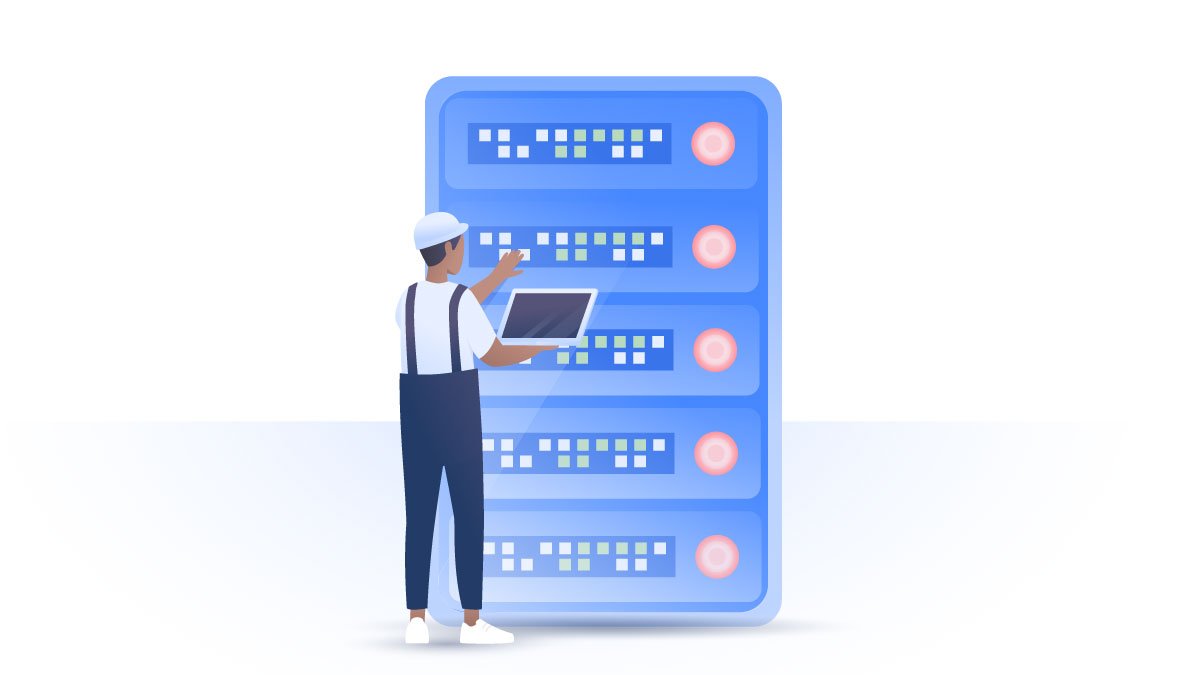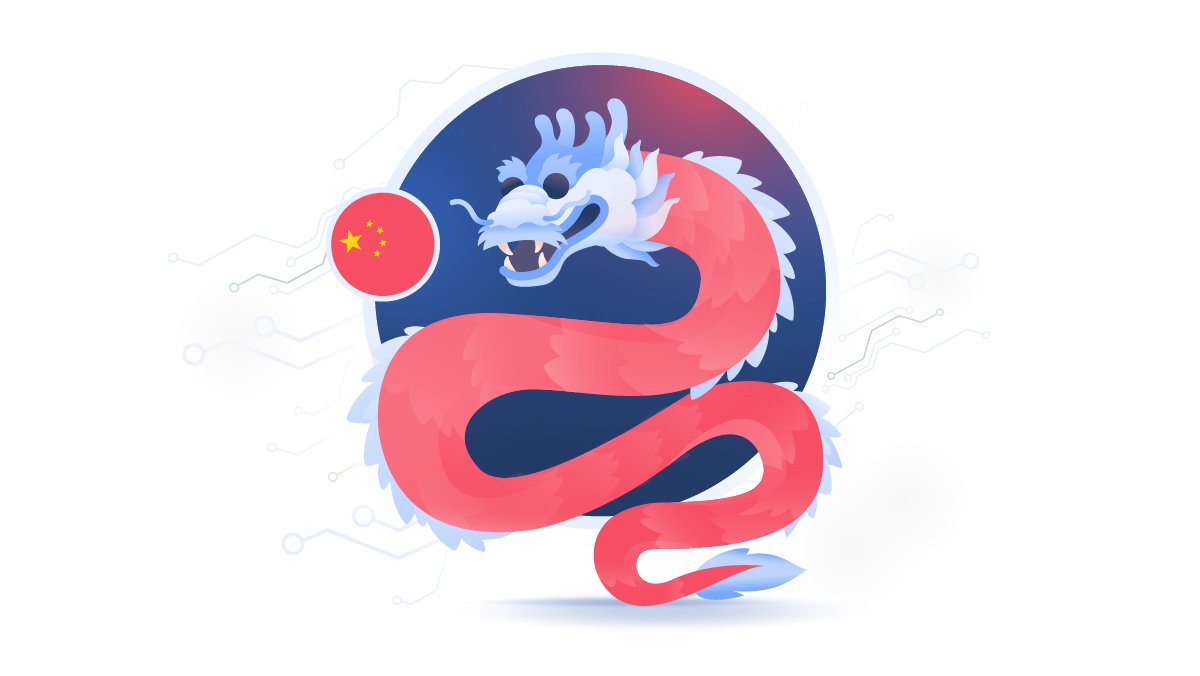I write regularly about VPNs and privacy, but there’s a more fundamental and frightening topic that I often encounter. There are too many people out there who believe that modern privacy is a myth or who question the need for online privacy at all.
In a recent survey, PCMag revealed that as many as 55% of people who understand the importance of net neutrality have never actually used a VPN for privacy. A VPN isn’t a cure-all, but it’s the simplest and most powerful way to help maintain online privacy and security. Another 32% were unaware of the net neutrality issue, and 22% even said that they didn’t agree with the principle at all.But I have nothing to hide!
Privacy skeptics say they know they aren’t criminals – why should they be afraid that someone’s watching them? They have nothing to hide! Well, everyone has a basic desire for privacy – we lock the door when we use a public restroom, we usually shower behind a curtain, and we untag or remove unflattering pictures of ourselves from Facebook. But if the basic desire for privacy isn’t enough, here are a few other reasons why privacy is important:Information is power
The incredible amounts of data that corporations and governments collect grants them a great deal of power over our lives. It can be used to manipulate and anticipate our decisions as individuals and as a society. We are usually taught to trust our governments, and in many countries, we can. However, leaders change. If a new group of leaders forms that you do not trust or agree with, they will still have your data to do with as they please.Managing your reputation
Sometimes, we do things we regret or are ashamed of. Other times, we do things that we believe are right but which may be misunderstood or judged harshly in the wrong context. In any case, managing your reputation is important, and one easy way to do that is by ensuring that your online actions remain private. Among many companies, it is already an established and accepted practice to search for any information they can find about potential job applicants. Make sure they only see what you want them to see.Freedom of speech
We all say things that we don’t want everyone to hear. What if your employer could read or hear everything you told your closest colleagues? Would you want them to hear how you complain about your manager? In the wrong circumstances, the same concerns might extend to your government. If you believe that you might be punished for your free speech, then privacy becomes extremely important.Setting a precedent
Establishing the government’s right to violate the privacy of its citizens on a regular basis sets a fearsome precedent for expanding government power over people’s everyday lives. The NSA conducted its mass surveillance in complete secrecy because there was an understanding that the public would not approve. If the public tolerates mass surveillance, even more powerful tools of control could potentially be built in secrecy.Is privacy a myth? Who said so?
 Your privacy is being stripped away by corporations, governments, and individuals that are working to systematically harness your data to further their interests. This runs from legal operations, like how Google and Facebook track you to give you ads, to more questionable situations like mass surveillance by the NSA or cybercrime. In the face of such an overwhelming threat, many people have given up hope that they can maintain their privacy at all.
Even if you wholeheartedly support online privacy, the effort being leveled to eliminate it is overwhelming. How could we possibly oppose such powerful interests? Isn’t it better to just give up our privacy and hope for the best?
No.
Not only is maintaining online privacy possible, it’s probably easier than you think. Organizing support for online privacy on a widespread public level is challenging. However, a combination of careful browsing habits and powerful tools can virtually guarantee privacy for you and your family. The easiest place to start is with an easy-to-use and full-featured VPN like NordVPN, which is more than half the battle.
Your privacy is being stripped away by corporations, governments, and individuals that are working to systematically harness your data to further their interests. This runs from legal operations, like how Google and Facebook track you to give you ads, to more questionable situations like mass surveillance by the NSA or cybercrime. In the face of such an overwhelming threat, many people have given up hope that they can maintain their privacy at all.
Even if you wholeheartedly support online privacy, the effort being leveled to eliminate it is overwhelming. How could we possibly oppose such powerful interests? Isn’t it better to just give up our privacy and hope for the best?
No.
Not only is maintaining online privacy possible, it’s probably easier than you think. Organizing support for online privacy on a widespread public level is challenging. However, a combination of careful browsing habits and powerful tools can virtually guarantee privacy for you and your family. The easiest place to start is with an easy-to-use and full-featured VPN like NordVPN, which is more than half the battle.
Here’s what NordVPN will do to protect your privacy:
- It will ensure that no third party – be they hackers, corporations, Internet Service Providers, or governments – can view your online traffic if you don’t want them to.
- It will mask the country you are browsing from.
- It can help keep your devices secure by using the CyberSec feature, which helps you avoid known malicious websites and advertisements.
Here’s what it won’t do:
- It won’t protect you from social engineering or device theft. You are responsible for keeping your passwords safe. Don’t download suspicious files, and make sure you always know where your device is and who’s using it.
- It can’t secure data that you willingly surrender to a third party. Even large and trustworthy corporations can be hacked into. NordVPN secures your traffic, but once you agree to give someone your information, its security becomes their responsibility. This also includes big data giants like Google and Facebook. If you agree to use their services, that usually means you must also agree to sacrifice a great deal of your privacy.
How to use the internet safely:
- Avoiding Internet surveillance: How you can protect your privacy
- 7 tips to make your social media profiles as private as possible
- What is doxing and how can you protect yourself?
- How to clear cookies: a comprehensive guide
- 5 lazy hacking methods that surprisingly still work
- Do Internet users recognize phishing emails?



